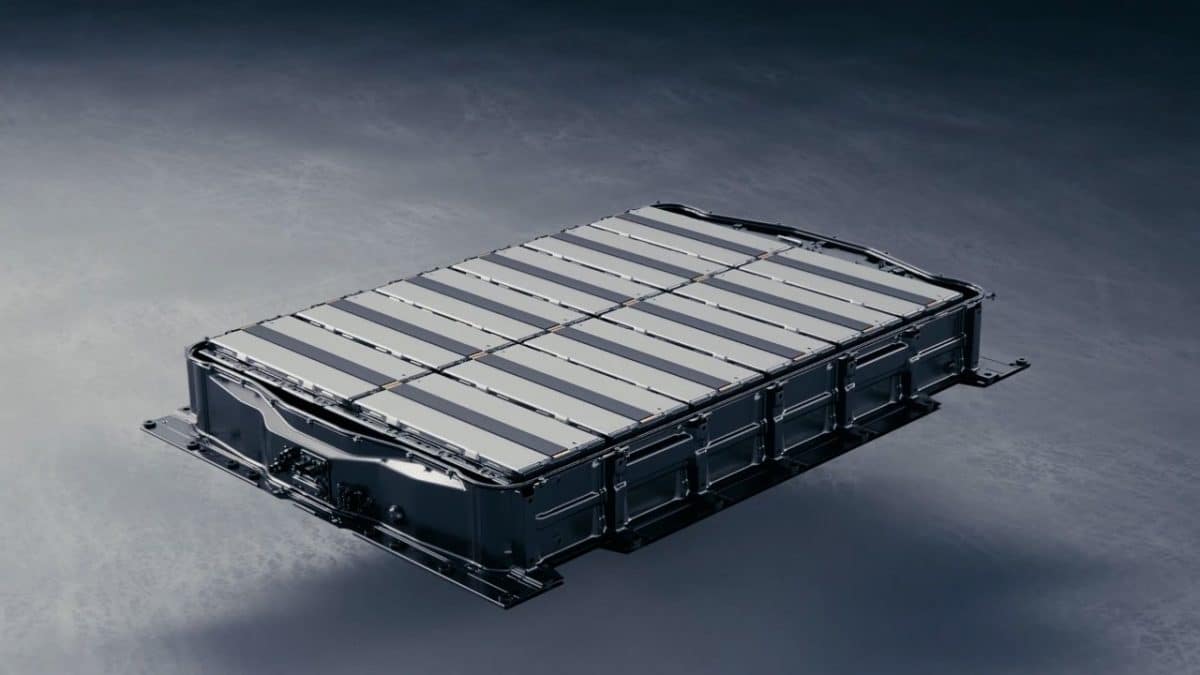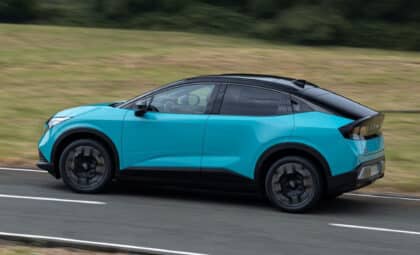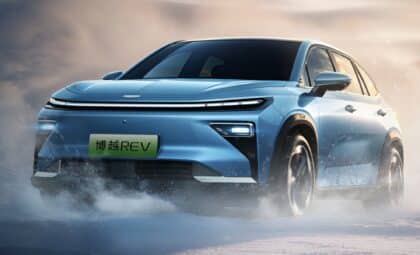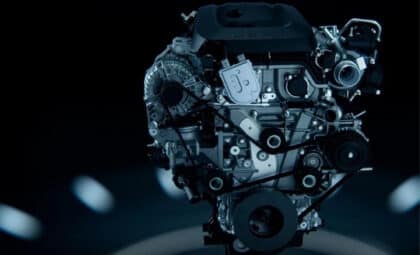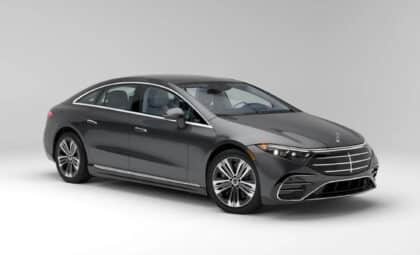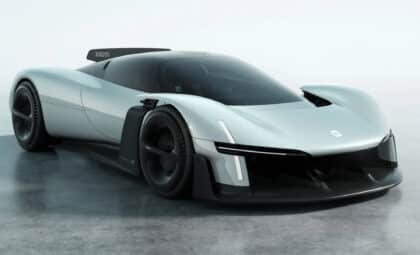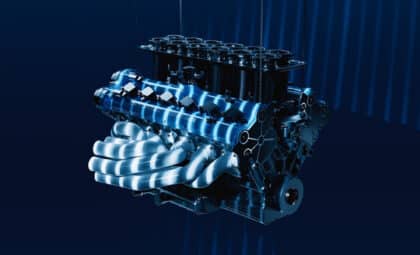
Photo: General Motors
GM and Controlled Thermal Resources are working together to source U.S.-based lithium. This lithium will be a more eco-friendly option for EV batteries since it will be created using a closed-loop, direct extraction process rather than traditional processes.
Check Out Chevy’s Current EV: The 2021 Bolt EV
Why does GM want to secure this lithium?

Photo: Chevrolet
“Lithium is critical to battery production today and will only become more important as consumer adoption of EVs increases, and we accelerate towards our all-electric future,” said Doug Parks, GM executive vice president, Global Product Development, Purchasing and Supply Chain.
CTR will use a closed-loop, direct extraction process to secure local, low-cost lithium from geothermal brine. This creates lower carbon dioxide emissions and no production tailing, unlike evaporation ponds or pit mining. With GM and CTR collaborating to secure the lithium through eco-friendlier means, the hope is that other companies will adopt this method as well and move away from mining and processing lithium in other countries.
CTR’s Hell’s Kitchen Lithium and Power development in the Salton Sea Geothermal Field will provide much of the lithium hydroxide and carbonate that GM will use in its batteries. As the first company to invest millions of dollars in the CTR Hell’s Kitchen project, GM will also be the first to have rights to the lithium produced. If all goes well, the automaker may decide to form a multi-year relationship with CTR as well.
The Hell’s Kitchen project should start yielding lithium by 2024. This should help GM reach its goal of eliminating light-duty vehicles’ tailpipe emissions by 2035. Both the new Chevrolet Bolt EV and Bolt EUV will use lithium in their electrolytes and cathodes. Soon, GM will also offer lithium metal batteries with protected anodes, making the metal all the more vital.
Take a Look at the New Bolt EUV: What to expect from the electric SUV
Even with this low-cost lithium, batteries will continue to be relatively expensive. This means EVs will still have higher starting prices than their gas-powered counterparts. In order to get more drivers to make the switch to electric models, it’s important for automakers like GM to find more affordable ways to build these models.
Amanda Drago lives in West Chester, Ohio with her wonderful family, which includes her adorable dog, Coco. Amanda recently graduated from Miami University with degrees in both marketing and creative writing. However, if she was ever forced to change career paths, she imagines that she would train dogs for movies. In her spare time, she enjoys reading, writing, and watching Netflix. She also has a special place in her heart for theatre and purchases tickets to as many shows as she can. See more articles by Amanda.

